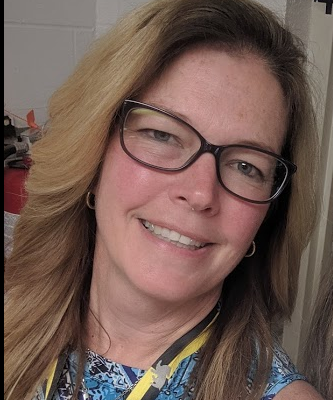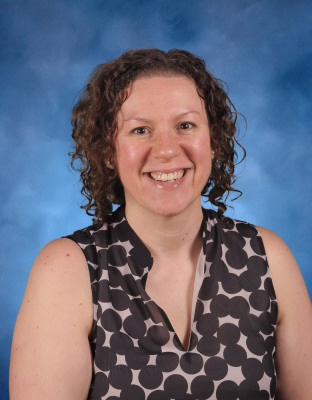by Adele Julien
Graduate Student – Northeastern University
 The year 2020 has truly been a rollercoaster of a year and some days (weeks? months?) I would give anything to get off of the ride. As a preservice teacher I have been able to reflect and discuss with classmates, professors, and friends about how this year will impact my future of being a teacher and what I will bring to my classroom. But I want to take a moment to acknowledge the teachers, staff, and faculty who have had to work through all of the challenges that 2020 has thrown at us. From a horrific pandemic, to a monumental election, to imperative social justice movements, teachers have adapted and overcome so many obstacles and I would like to show my appreciation to their dedication and hard work.
The year 2020 has truly been a rollercoaster of a year and some days (weeks? months?) I would give anything to get off of the ride. As a preservice teacher I have been able to reflect and discuss with classmates, professors, and friends about how this year will impact my future of being a teacher and what I will bring to my classroom. But I want to take a moment to acknowledge the teachers, staff, and faculty who have had to work through all of the challenges that 2020 has thrown at us. From a horrific pandemic, to a monumental election, to imperative social justice movements, teachers have adapted and overcome so many obstacles and I would like to show my appreciation to their dedication and hard work.
I was lucky enough to attend the MASCD – MassCUE Virtual Conference this November and one particular question really stood out to me. I was in a breakout group and we had just finished an enriching and thought-provoking conversation that was heavily focused on social justice. As our time was coming to an end, a member of my group asked, “Many of the things we discussed contain a multitude of steps that will happen over a period of time. After this conference today, what can you as a teacher or administrator immediately do in your class or school tomorrow?” As a college student, I don’t have my own classroom but it caused me to pause and think. As a preservice teacher, what could I be doing? My answer was, to continue to learn and challenge myself so that I can go into teaching as prepared as I can possibly be so I can best support my students.
With this goal in mind, I think that reflection has been such important practice that I have learned this year. Not only reflecting on the events this year has brought, but also reflecting on myself. What is my identity and how will this influence my students? How will they perceive themselves in school because of what I bring from my identity? This reflection of our identity is crucial in creating an inclusive classroom. Along with our identity, what stereotypes and biases do we have and how do they impact our students? Reflection can often be easier said than done, but is essential even if it makes us uncomfortable. That discomfort needs to be experienced in order for there to be actual change. After reflecting we are able to challenge ourselves and change our mindsets.
I am grateful that as a student and preservice teacher, I have professors that have provided me with the skills and tools to practice this sort of reflective practice. They are also there to help me to attain a goal of continuous learning and challenging myself. I am hopeful that I, other preservice teachers, and current educators will begin and continue to have these types of reflections in order to better themselves and the experiences of their students within the classroom.
 Print this post
Print this post



